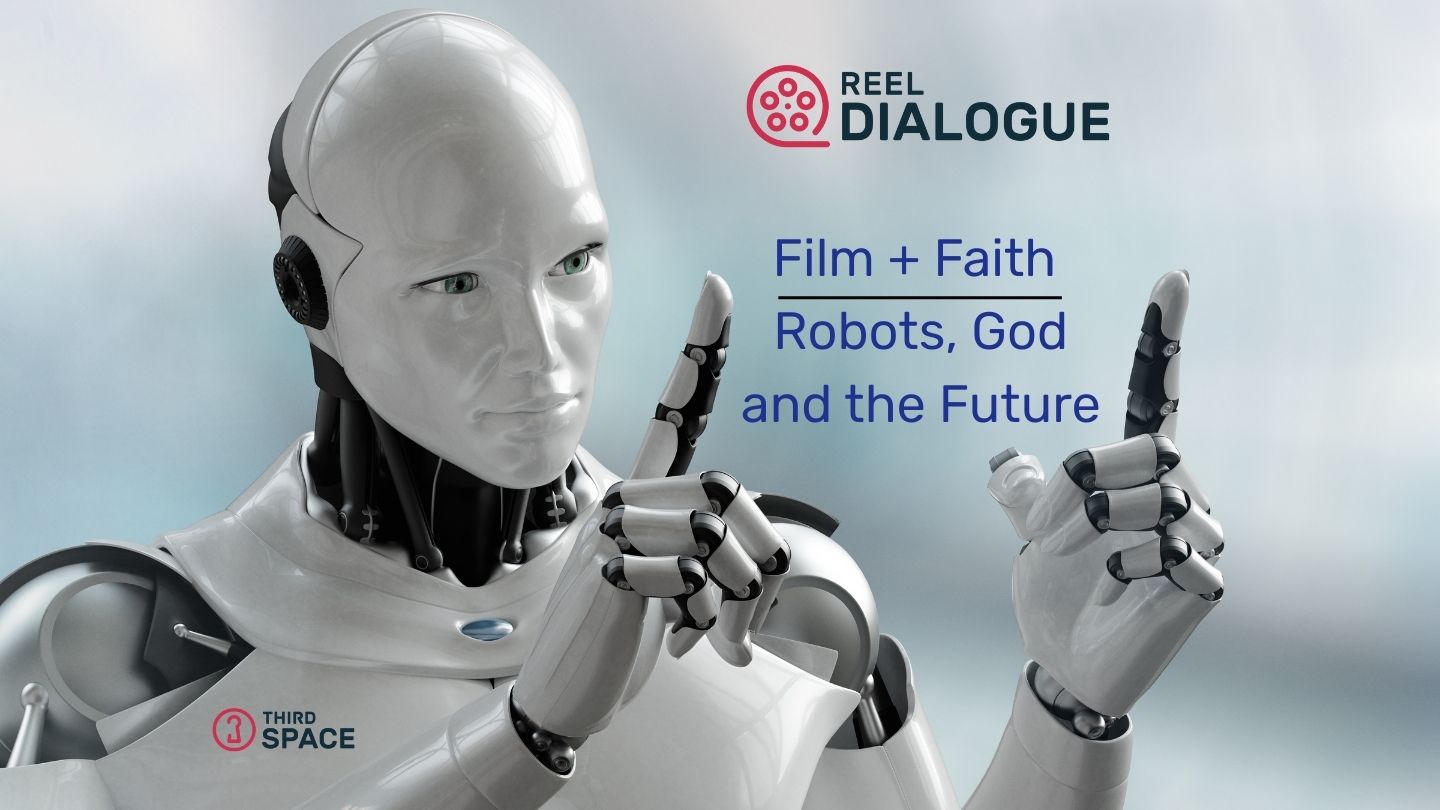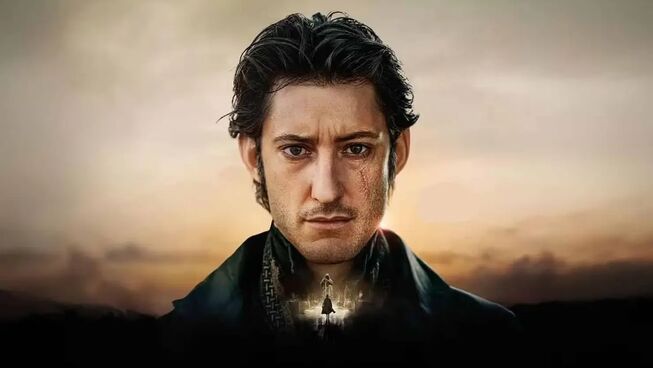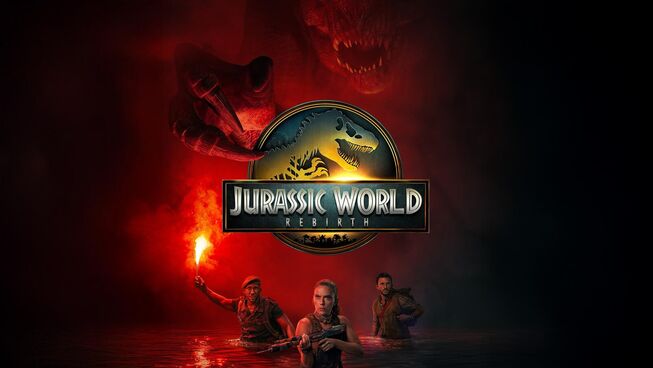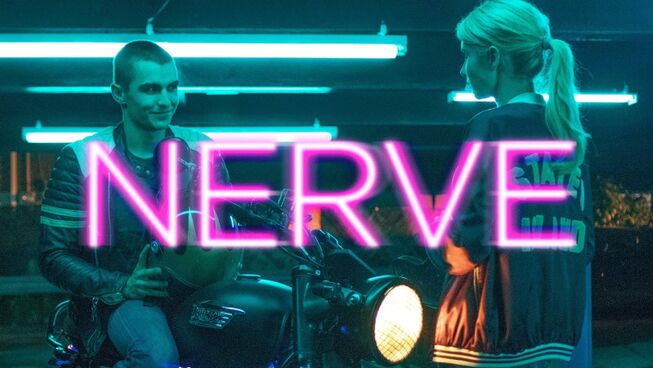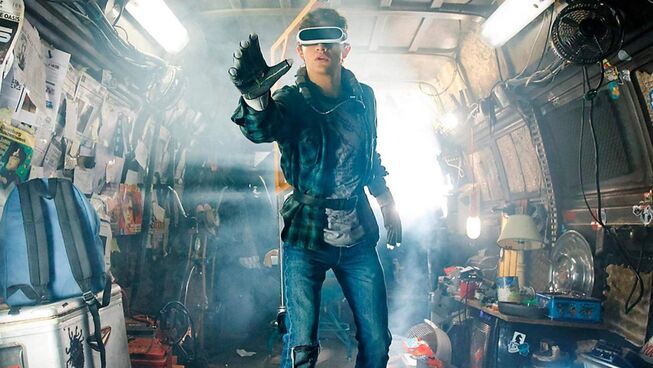Tron: Ares
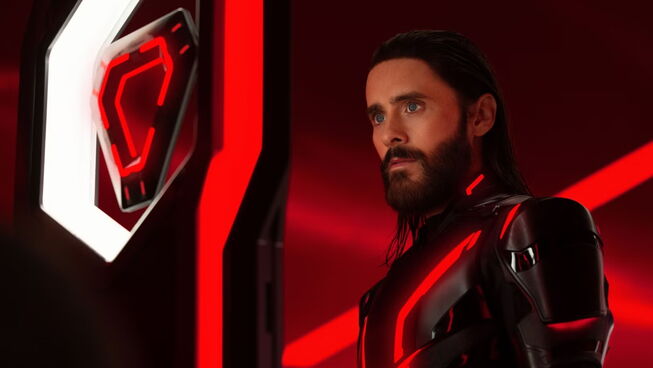
⭐️ ⭐️ (out of 5 stars)
Disney hasn't ventured into the Grid for over a decade, and TRON: Ares marks an ambitious attempt to reboot and expand the franchise. The last adventure, TRON: Legacy, balanced spectacle with at least a touch of philosophical curiosity. Where Ares feels like a high-octane light cycle running in circles - dazzling, yes, but often directionless. The film, directed by Joachim Rønning (Pirates of the Caribbean: Dead Men Tell No Tales), picks up years after the events of Legacy, as the line between the digital and physical worlds continues to blur.
When a powerful self-aware program named Ares (Jared Leto) is sent from the Grid into the human realm, his arrival sparks a clash between technology and humanity that threatens to reshape both realities. Unexpectedly teamed up with ENCOM CEO Eve (Greta Lee) and opposed by ruthless tech magnate and his maker Edward Dillinger Jr. (Evan Peters), Ares must navigate a world he was never designed for while questioning what it truly means to be alive.
It must be said upfront that TRON: Ares looks and sounds phenomenal. The visual effects are breathtaking, the production design is sleek and immersive, and the sound design rumbles through your chest like a light disc duel turned symphony. Every frame of the film pulses with electronic life, and the audio experience, particularly in IMAX, is something to behold. Yet, the particular MVPs here are Trent Reznor and Atticus Ross of Nine Inch Nails fame. Their score is relentless, industrial, and alive, a perfect fusion of digital chaos and analogue heart. Their music doesn't just accompany the film; it elevates it. Every chase sequence, every explosion of neon light, is carried by the haunting synths and propulsive rhythms that define their signature sound. It's one of the most memorable film scores this year, and it's almost enough to make you forget that the story underneath it all is running on outdated software.
Unfortunately, once the neon glow fades, you're left with characters that feel more like programs than people - and not in the good TRON sense. Jared Leto's Ares is intended to be a revolutionary creation, a digital life form entering the human world. But Leto's performance is strangely lifeless. His delivery is dry, detached, and emotionally flat, which might work if the film were self-aware about it, but it isn't. Ares is meant to be compelling, even moving at times, yet you never quite care about him. Greta Lee fares better as Eve, bringing genuine emotion and a sharp physical presence to her role. She gives the film some much-needed humanity and grounds the action in something tangible. Evan Peters, meanwhile, plays the archetypal tech-bro-gone-rogue, a character type we've seen a dozen times before, and he's frustratingly underused. The rest of the supporting cast mostly fade into the neon blur.
Watching TRON: Ares is like eating a fast-food meal: you know it's not good for you, it doesn't leave you satisfied for long. The experience is familiar, tasty, and nostalgically comforting. The TRON logo flashes, the light cycles roar, and for a few moments, you remember why you loved this world in the first place. It's a visual and sonic feast that fills you up, even if you know it's all empty calories. For those who can recall, what made this franchise special in the first place wasn't just its visuals or world-building. It was the question it dared to ask: What does it mean to be created? What defines existence in a digital age? Can morality exist inside the machine?
TRON: Ares occasionally gestures toward those questions with moments where the film hints at exploring the metaphysical nature of AI, creation, and conscience, but those threads are quickly abandoned for another round of explosions and synth-soaked slow-motion. By the end, this chapter is both thrilling and frustrating. It's a film built by artists and technicians who clearly love the franchise's aesthetic but seem unsure of its soul. It's full of moments that dazzle, but few that linger. You'll leave the theatre with your ears ringing, your eyes wide, but your heart oddly unmoved. Still, for fans of the Grid, it's hard not to be drawn in by the sheer audiovisual artistry on display. TRON: Ares might not rewrite the code, but it does keep the system online —at least for now.
Reel Dialogue and Third Space have entered the world of YouVersion: Download the app, dive into the plans, and engage with the Bible in a fresh and exciting way.
Reel Dialogue: The One who enters our world
One of the most striking ideas in TRON: Ares is the concept of a digital being stepping into the real world. Ares, a program made of code, crosses from the Grid into flesh and blood reality - an echo, however imperfect, of the Christian truth of the incarnation.
In Scripture, the incarnation is the moment when God Himself entered creation—when the Son became flesh and made His dwelling among us. Jesus didn't remain distant or detached; He came near. The infinite took on the finite, the Creator became part of His creation, to bring restoration and relationship. Ares' transition into the human world is marked by confusion and self-discovery. Still, Christ's incarnation is characterised by love and purpose. Where Ares seeks meaning, Jesus brings it. Where Ares crosses a boundary in fiction, Jesus crossed one in history as he entered into our broken world to redeem it.
In an age where so much of life is digital, TRON: Ares reminds us of a deeper truth: God didn't send a message from afar. He came Himself. The Creator didn't just code life: He lived it.
